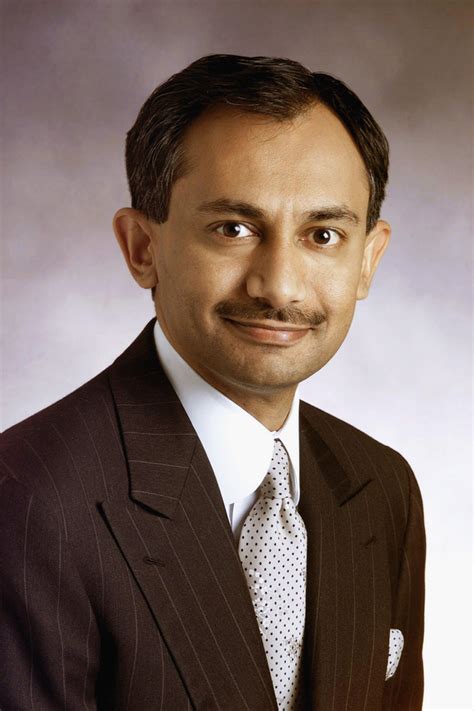A Quote by Howard Schultz
To stay vigorous, a company needs to provide a stimulating and challenging environment for all these types: the dreamer, the entrepreneur, the professional manager, and the leader. If it doesn't, it risks becoming yet another mediocre corporation.
Related Quotes
The manager administers; the leader innovates. The manager has a short-range view; the leader has a long-range perspective. The manager asks how and when; the leader asks what and why. The manager has his eye on the bottom line; the leader has his eye on the horizon. The manager accepts the status quo; the leader challenges it.
In December 1989, my mother died very suddenly, and that sparked a re-evaluation of what I was doing, and I realized I was mediocre at everything. I was a mediocre IBM employee, I was a mediocre entrepreneur, I was a mediocre artist. I decided that, although my mom wouldn't be around to see it, I wanted to be great at something.
Man is suddenly becoming aware that by an ill-considered exploitation of nature he risks destroying it and becoming in his turn the victim of this degradation. Not only is the material environment becoming a permanent menace - pollution and refuse, new illness and absolute destructive capacity - but the human framework is no longer under man's control, thus creating an environment for tomorrow which may well be intolerable. This is a wide-ranging social problem which concerns the entire human family.
You can be entrepreneurial even if you don’t want to be in business. You can be a social entrepreneur focused on the not-for-profit sector. You can be an agriculture entrepreneur if you want to change how people think about farming. You can be a policy entrepreneur if you want to go into government. The idea of an entrepreneur is really thinking out of the box and taking risks and stepping up to major challenges.
Build an environment that empowers your team to take risks. Set metrics for what needs to be achieved and measure against them to track progress along the way. If targets aren't being met, challenge your team to reassess and come back with a new strategy. And create a culture where people are awarded for challenging the status quo.
It's an amazing time to be an entrepreneur because not only is the stuff getting more capable and powerful, but it's becoming more reliable and the costs are coming down dramatically. So you can go out as an entrepreneur and start a company on a credit card and go to AWS and a few other services and be pretty virtual and, who knows, you may be the next Steve Jobs.


































